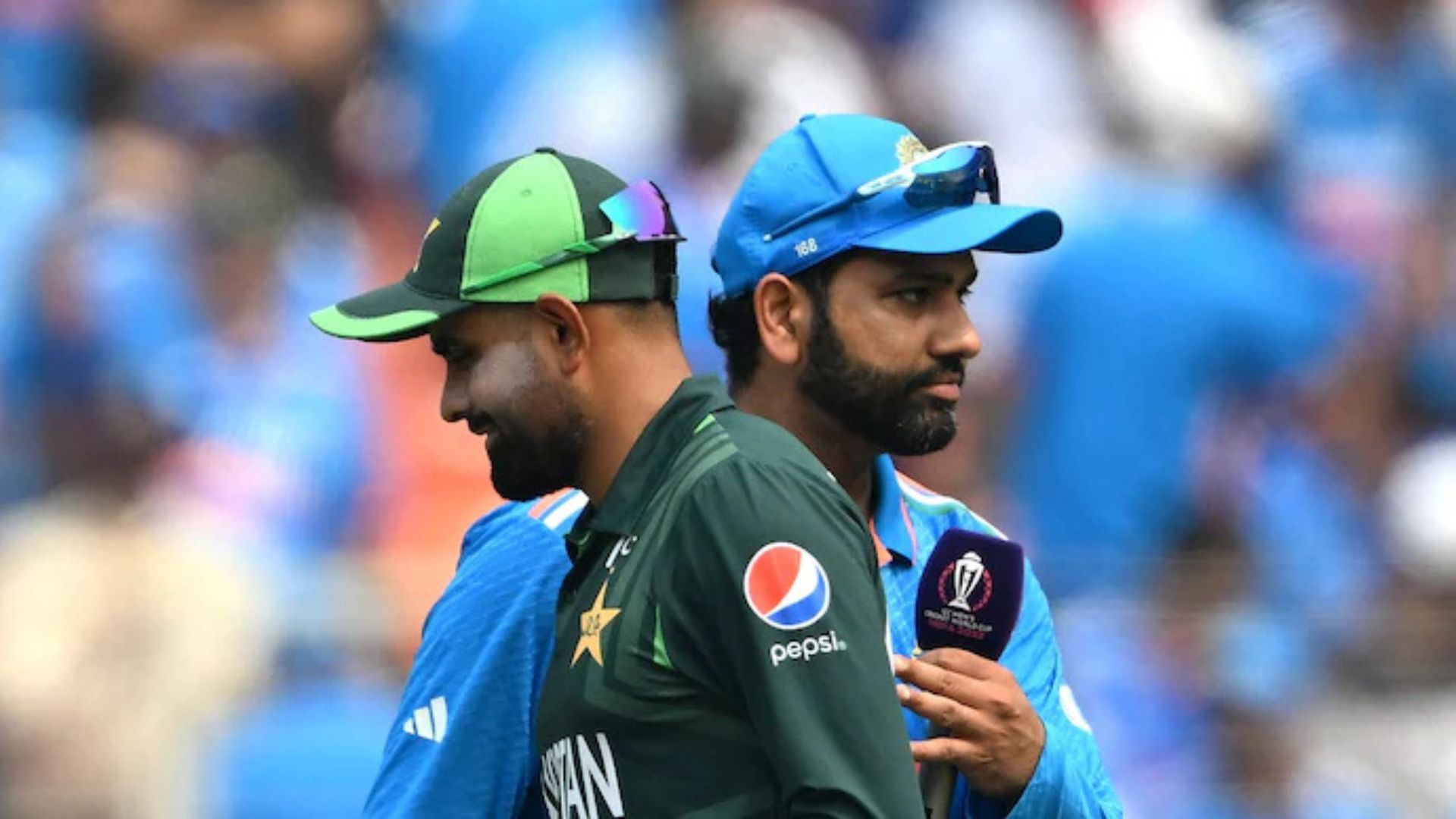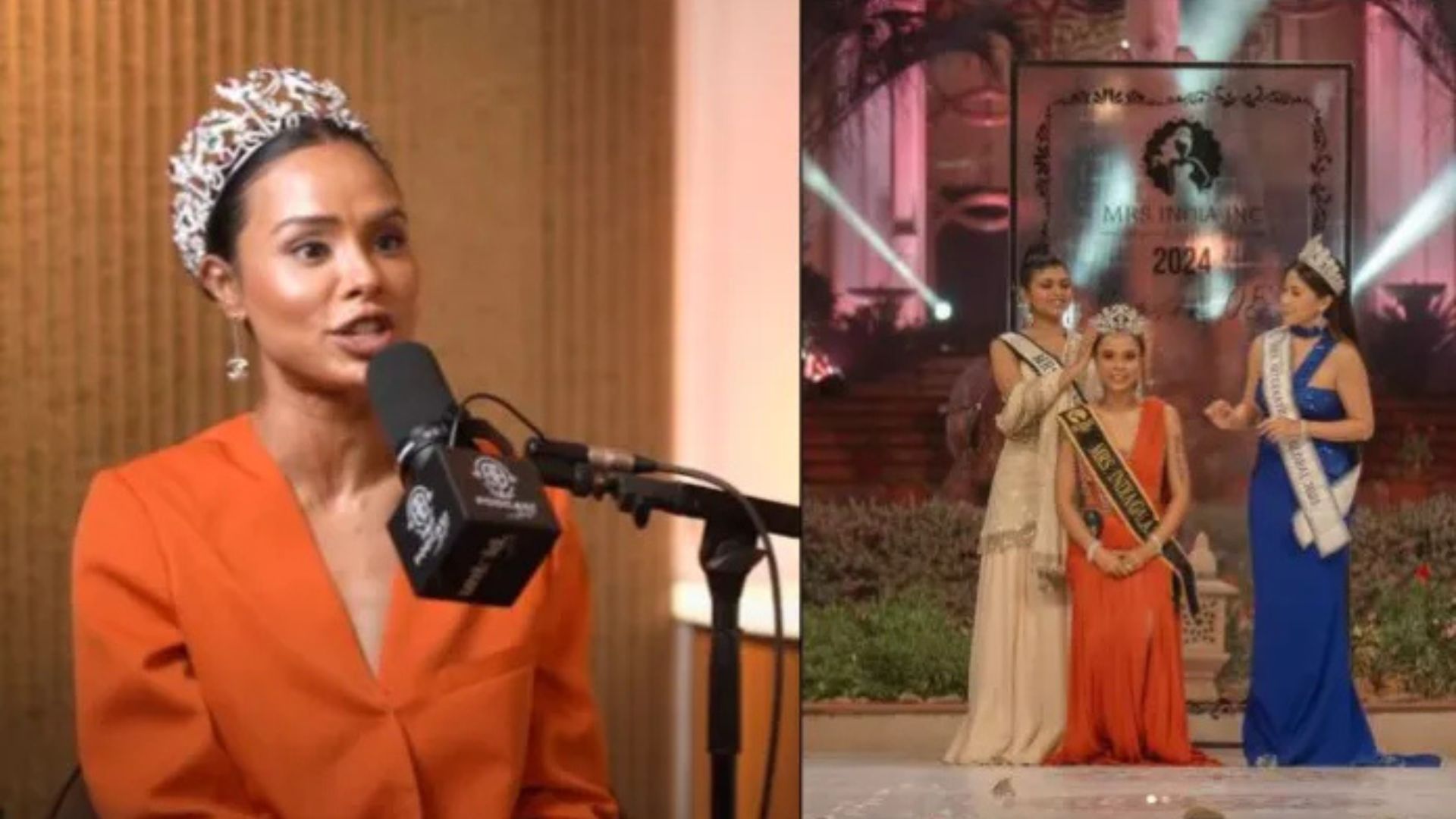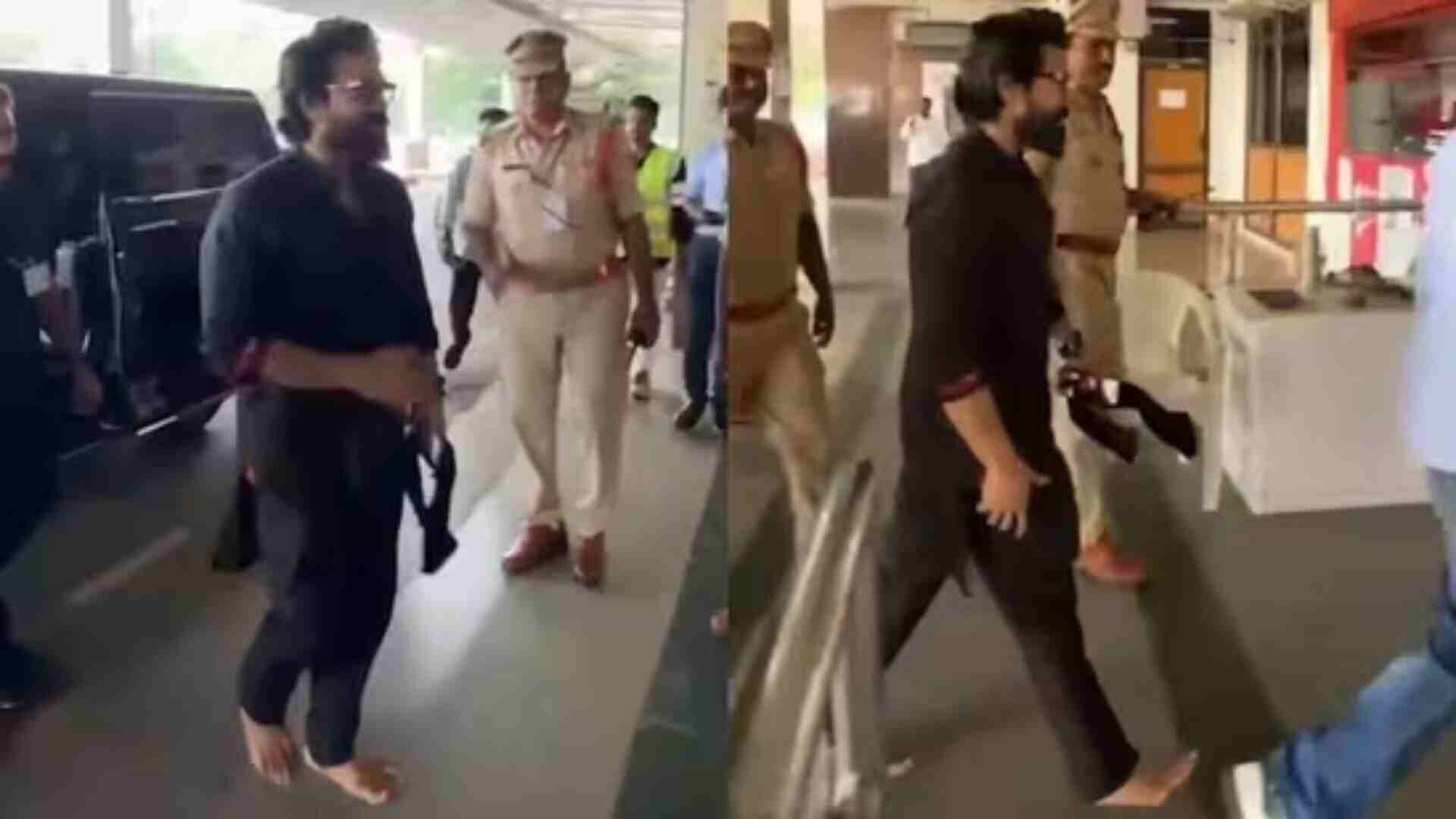Riding high on a bevy of welfare schemes and popularity of Chief Minister Bhupesh Baghel, the ruling Congress is hoping to protect its citadel Chhattisgarh in the upcoming assembly polls, while the BJP is making an aggressive push to regain lost ground and force a close contest to avoid a 2018-like rout.
The Bharatiya Janata Party and the Congress remain the most dominant political forces in Chhattisgarh, though the state has several regional outfits that have pockets of influence, while the Aam Aadmi Party (AAP) is making a determined bid to challenge its well entrenched rivals and make a mark in polls to the 90-member House. The otherwise “weak” opposition in Chhattisgarh is fast emerging as a serious challenger to the Congress which would like to retain a state which it won five years ago by a landslide after a 15-year-long wait.
Just a year ago, the ruling Congress in Chhattisgarh looked comfortably placed, riding high on its populist schemes and regionalism rhetoric. However, the scenario seems to have changed in the past few months with the Baghel government facing opposition heat over alleged scams, politics of appeasement and religious “conversions”.
The opposition BJP has redesigned its poll strategy and is trying hard to corner the Congress over issues of corruption and “misrule”. The saffron outfit is banking heavily on the popularity and mass appeal of Prime Minister Narendra Modi to turn the tide in its favour. The BJP’s star campaigner, during his visits to the state, has been making frontal attacks on the Congress government on a range of issues, especially corruption.
The BJP state’s unit, which appeared in disarray and riddled with factionalism, has turned aggressive in the past few months. A series of meetings organised by BJP’s master strategist Amit Shah and well attended rallies of star campaigner Modi seemed to have boosted the morale of party workers.
During his four rallies in the last three months, Modi has targeted the Congress over corruption and alleged scams in every sector and government schemes, including coal, liquor, cow dung procurement and District Mineral Foundation (DMF) fund utilization, among others.
The PM has also promised to get the alleged scam in the state public service commission (PSC), which conducts recruitment exams, probed if the BJP came to power. The Arvind Kejriwal-led AAP, which failed to make a mark in the 2018 assembly elections and drew a blank, is once again trying to make inroads in the state which has traditionally witnessed a bipolar contest between the BJP and the Congress. The entry of Sarva Adivasi Samaj, an umbrella body of tribal organisations, in the poll arena has turned the contest interesting, with political observers saying it may damage the ruling party’s prospects in rural and tribal pockets.
The Gondwana Gantantra Party (GGP), which also works for tribals, is a key regional player. Tribal communities comprise about 32 per cent of the state’s population. Even before the announcement of poll schedule, top leaders of the Congress, the BJP and the AAP made frequent visits to the state to address rallies and fine-tune their election strategies.
While political parties’ social media machinery has become active, cities and villages of the state are dotted with banners and posters of leaders and their parties. The elections are crucial for the Congress, which ended the 15-year-long rule of the BJP in 2018 by registering a landslide victory. In the last polls, the Congress won 68 of the total 90 assembly seats, while the BJP finished a distant second at 15.
The Janata Congress Chhattisgarh (J), founded by former CM late Ajit Jogi, bagged five seats and its ally Bahujan Samaj Party (BSP) won in two segments. The Congress had polled 43.04 per cent votes, around 10 per cent more than the BJP (32.97 per cent) in 2018. The ruling party further consolidated its hold in the state with victory in bypolls held for five assembly seats after 2018. The Congress tally currently stands at 71. The BJP currently has 13 seats in the House, JCC(J) has 3 and the BSP has 2 seats. One seat is currently lying vacant.
The Congress is aiming to win 75 seats in 2023 by riding high on the popularity of Baghel, who has a significant hold over OBC and rural voters, and impact of the government’s welfare schemes focused on farmers, tribals and the poor.















